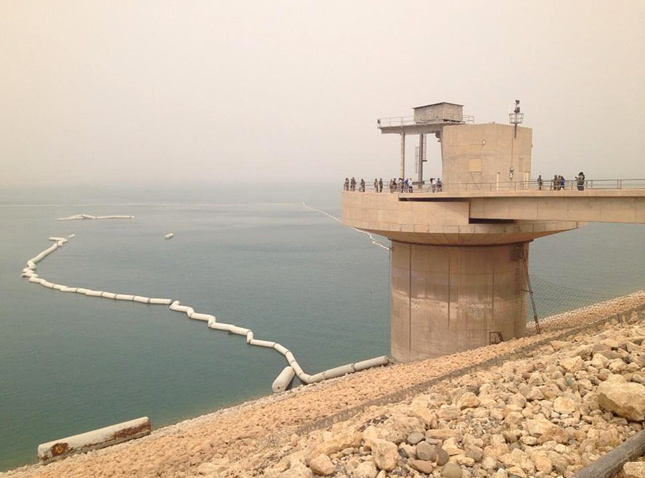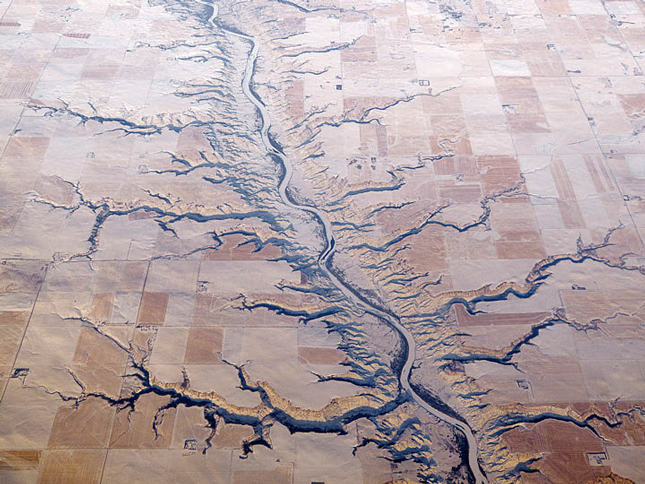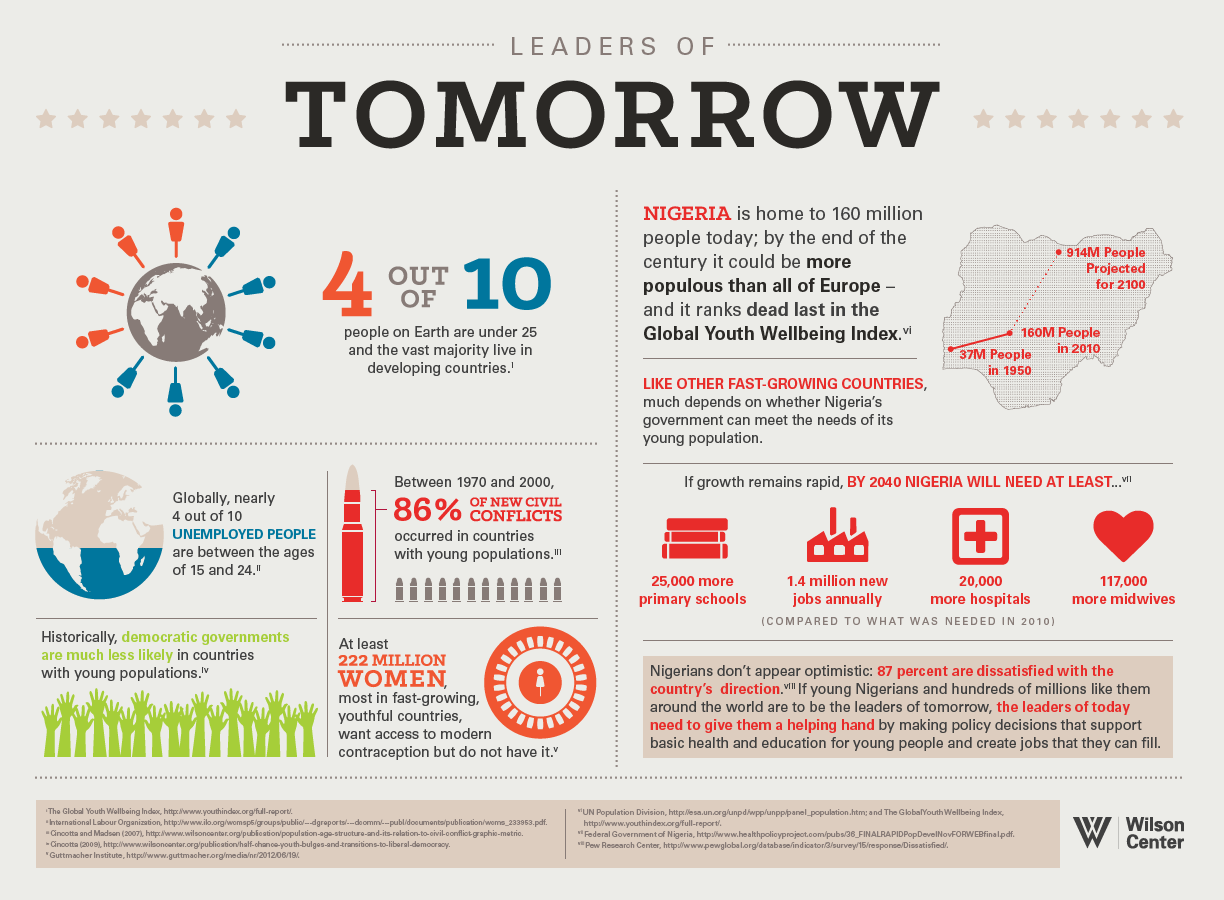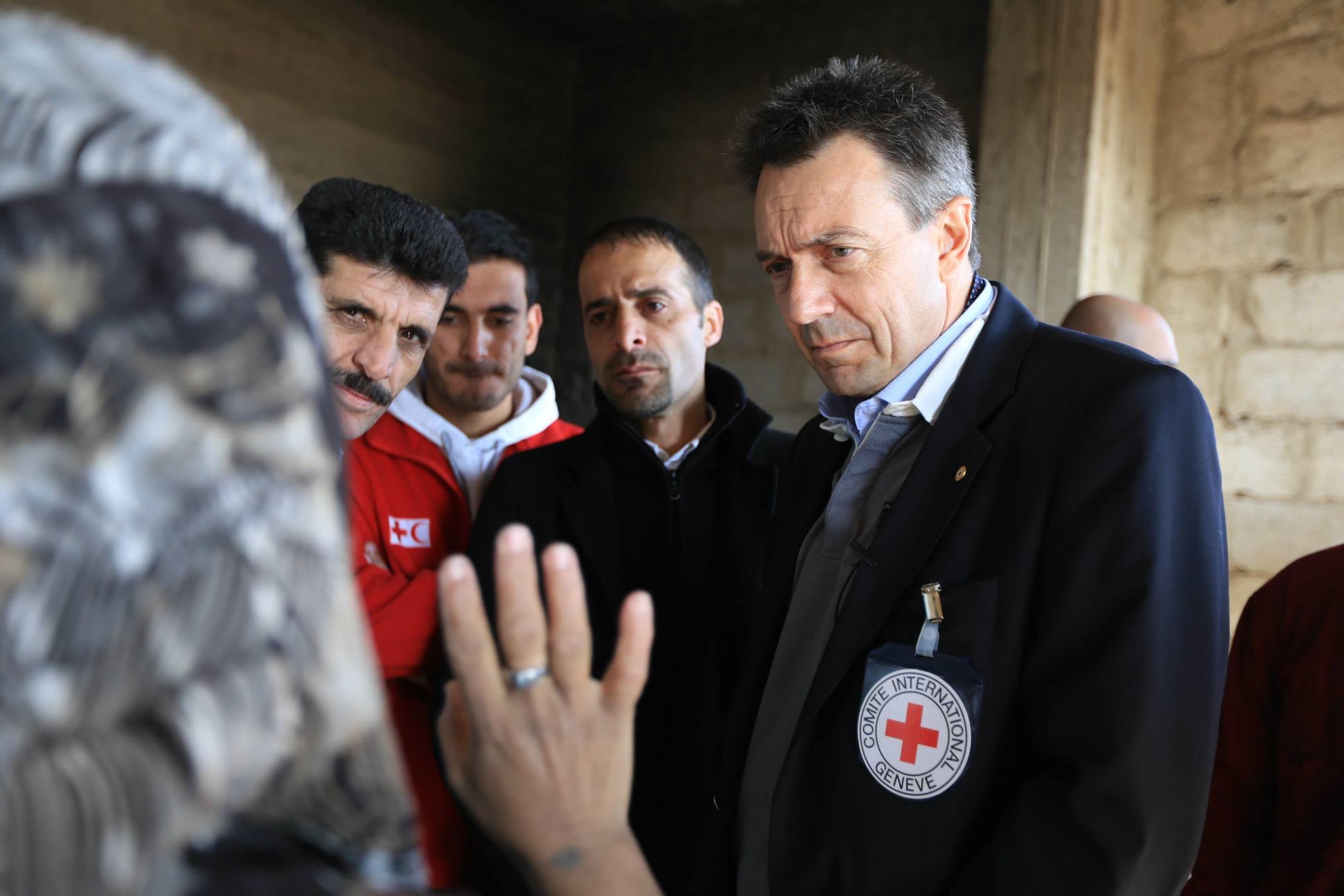-
What Can Iraq’s Fight Over the Mosul Dam Tell Us About Water Security?
›The fight for control over “the most dangerous dam in the world” is raging.
Since its capture by Islamic State (IS) militants on August 7 and subsequent attempts by Iraqi government and Kurdish forces to take it back, Iraq’s Mosul Dam has been one of the central components of the government’s surprising and rapid collapse in the country’s northern and western provinces. In fact, one might see the capture of the Mosul Dam as the moment IS ascended from a dangerous insurgent group to an existential threat to Iraq as a state.
-
Alissa J. Rubin and Tim Arango, The New York Times
Rebels Capture Iraq’s Largest Dam
›August 8, 2014 // By Wilson Center StaffSunni militants captured the Mosul dam, the largest in Iraq, on Thursday as their advances in the country’s north created an onslaught of refugees and set off fearful rumors in Erbil, the Kurdish regional capital.
-
Climate Change Will Test Water-Sharing Agreements
›July 15, 2014 // By Thomas Curran
Many existing water-sharing treaties should be re-assessed in the context of climate change, write Shlomi Dinar, David Katz, Lucia De Stefano, and Brian Blakespoor in a World Bank working paper.
-
Investing in the Leaders of Tomorrow: World Population Day 2014 Youth Infographic
›World Population Day began in 1987 after public imagination was sparked by the idea that there could be 5 billion people on Earth. Today, we’re well past 7 billion and according to the latest UN projections, headed north of 9 billion by mid-century.
-
Youth and Global Violence: Saving History’s Largest Generation of Young People
›July 9, 2014 // By Moses Jackson
As the largest-ever generation of young people enters adulthood, armed conflict is having a profound effect on their future. People under the age of 24 comprise nearly half the world’s population but are the primary participants in conflict today. Conflict is more prevalent in younger societies, and half of all forcibly displaced people are children.
-
National Security and the Accelerating Risks of Climate Change (Report Launch)
›
Climate change poses a serious threat to U.S. national security and is becoming a “catalyst for conflict” in vulnerable countries, according to a panel of retired military leaders speaking at the Wilson Center on May 15. [Video Below]
-
The Red Cross’s Peter Maurer on New Challenges for Humanitarian Aid
›
Last year, the International Committee of the Red Cross (ICRC) celebrated 150 years of their mission to “protect the lives and dignity of victims of war and internal violence.” Though this mission hasn’t changed in the past century-and-a-half, the nature of conflict and crisis response has. [Video Below]
-
What Can Demography Tell Us About the Advent of Democracy?
›April 28, 2014 // By Elizabeth Leahy MadsenDemocracy is fickle. Many of the competing theories on the best ways to foment and consolidate plural, inclusive governance or predict its rise and fall focus on political and economic forces. Yet a small group of demographers have explored population age structure as a catalyst for and reflection of a host of changes in societies that can affect governance.
Showing posts from category Middle East.











